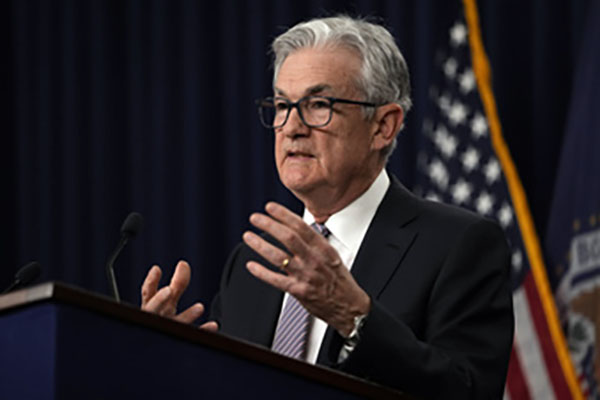By Chris Taylor
NEW YORK - It may not quite be the famous question of Shakespeare’s Hamlet, but it is something very much on the minds of U.S. homeowners these days: To refi or not to refi?
Judg...
You are not authorized to read this page without a username and password. It is time to register and subscribe to have unlimited access to everything The Chicago Inquirer has to offer. You can do a monthly, quarterly, six months or yearly subscription.
SUBSCRIBE NOW!!!
and enjoys unlimited access to news, analysis, archives, sports, culture, interviews, and many more.
Not a member? Subscribe or login below:



